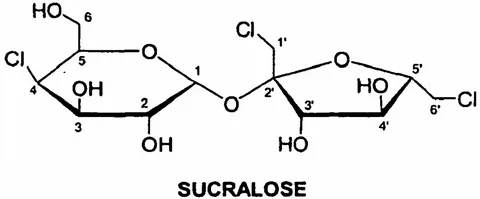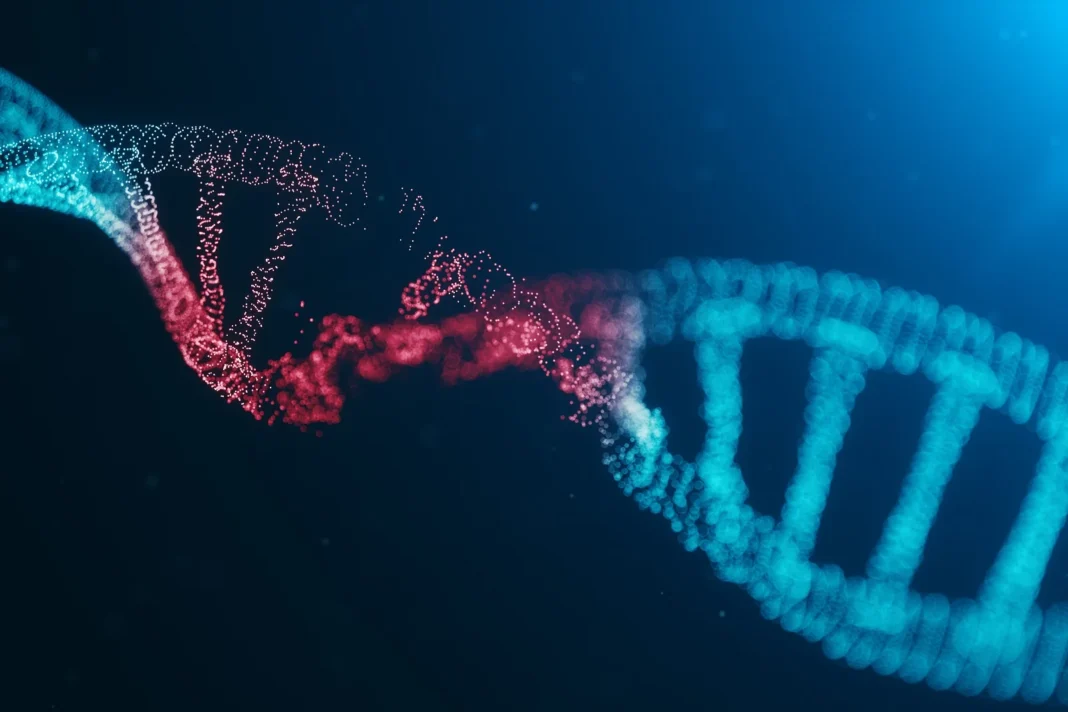In an alarming revelation, a groundbreaking study published on May 29, 2023, in the esteemed Journal of Toxicology and Environmental Health, has raised a red flag about the safety of sucralose, the widely used artificial sweetener known to the world by its commercial name: Splenda. This intensively researched report suggests that the consumption of sucralose may lead to DNA damage – a catastrophic matter that could open Pandora’s box of multiple health problems. The very regulatory status of this common sugar substitute is now hanging by a thread, with its usage in our everyday foods and drinks in serious question.
The Startling Findings
Sucralose, the star ingredient of hundreds of products – from your favorite chewing gum, your guilt-free diet soda, your quick-fix packaged foods to your beloved baked goods – might just not be as ‘splendid’ as it is marketed. According to this rigorous scientific investigation, a chemical produced in our body as it breaks down sucralose has genotoxic properties – it harms our DNA. That’s no small worry, but a potential catastrophe. The ramifications could be as serious as it gets.

Must See–>Doctors Presenting the Truth About Diabetes!
The Implications of Damaged DNA
As we wade deeper into the mire of genotoxic substances and their sinister effects, the question that haunts us is: “Is the risk real?” While we’re tempted to turn a blind eye, should we dismiss the warnings of this research, or take preemptive action to protect our health?
When genotoxic substances interfere with our DNA, they disrupt the normal cellular processes, leading to potential health concerns. Errors can creep into our biological blueprint, creating cells that function improperly or even grow uncontrollably – a terrifying precursor to cancer.
A Plea for Regulatory Review
The study’s authors have raised an urgent plea for food standard agencies to review the safety and regulatory status of sucralose. Their concerns stem from the extensive use of this artificial sweetener in the food industry. With potential DNA damage on the line, the widespread consumption of sucralose is not just a health concern; it’s a ticking time bomb.
In response to their calls for action, we find ourselves wrestling with another pressing question: “What role do regulatory bodies like the FDA or EFSA play in such scenarios?” Can we count on their swift and decisive action to guard our health?
Unlock your weight management potential! Enhance your brown adipose tissue levels.
The Sweet Deception
For years, sucralose has been celebrated as a healthier alternative to sugar, offering sweet relief without the caloric burden of natural sugar. But behind this saccharine story lurks a potentially darker narrative.
As we peel back the layers of this sweet deception, we must also ponder: “How can we protect our health?” Does safeguarding our well-being mean eliminating all artificial sweeteners, or merely reducing consumption? Could it mean seeking out natural alternatives like honey, stevia, or fruits to add sweetness to our meals?
What Should We Conclude from These Findings?
This recent study on sucralose has sounded a shrill alarm that cannot be ignored. As the echoes of this warning reverberate, a final question must be confronted: “How much responsibility do manufacturers bear?” Should they be held accountable for using a potentially harmful ingredient, or is it up to us, the consumers, to decide what we put in our bodies?
While we await further research and potential regulatory changes, we must not ignore the disquieting implications of this study. It’s not just about counting calories; it’s about protecting our very DNA. As we grapple with the potential dangers of sucralose, we must remember that in the quest for sweetness, we shouldn’t gamble with our essence.

Don’t miss this: Rewriting the Codes of Life: An Insight into the Synthetic Biology Revolution.





